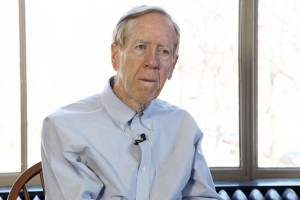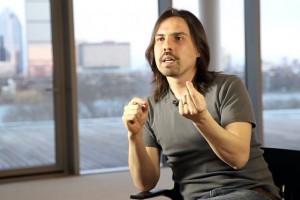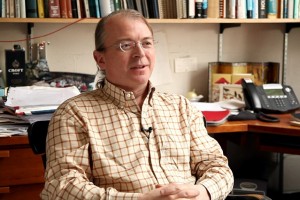Finite Element Method
Mathematician Gilbert Strang on the history of the finite element method, collaborative work of engineers and ...
What are the two main understandings of the philosophy of logic? How to justify logical rules? What puts a lot of pressure on logical concepts? These and other questions are answered by Assistant Professor in the Department of Philosophy, Paris Ouest University, Dennis Bonnay.
Logic is a theory that studies inferences and reasoning, that is, how we make conclusions from premises. But is it not a theory about how we do it in practice, which would be psychology, but it is a normative theory which aims at explaining how we should make inferences. And so the main and the basic aim of logicians is to tell the difference between what the correct and an incorrect reasoning is.
If A and B are true, then it would mean by definition of conjunction that A is true on the one hand, and B is true on the other hand, so that I can infer that A is true. And that would be a justification of that inference. But the problem is that when I gave you this justification I just used this very rule. Why? Because when I say that A is true and B is true then, in particular, A is true. But this is the exact form of reasoning that we are interested in justifying.
You cannot give an absolute justification, you are going to take practice as given and you are going to try to account for that practice, for the way that we use reasoning. But you will also have people who are more stubborn and do aim at providing an absolute justification which would be not secular. We do this by saying that somehow the rules of logic do not have to be justified by what the logical concept means, so we should take for granted the example I just gave of that from A and B you can infer A it’s constitutive of what conjuction means, so you do not have to justify it independently, it is justified because it’s constitutes what the meaning of N is.

Mathematician Gilbert Strang on the history of the finite element method, collaborative work of engineers and ...

Economist Cesar Hidalgo on the meritocratic system, rock star behavior, and market mechanisms

MIT Professor Seth Lloyd on Gödel’s incompleteness theorems, the Cretan liar paradox, and the problem of free ...